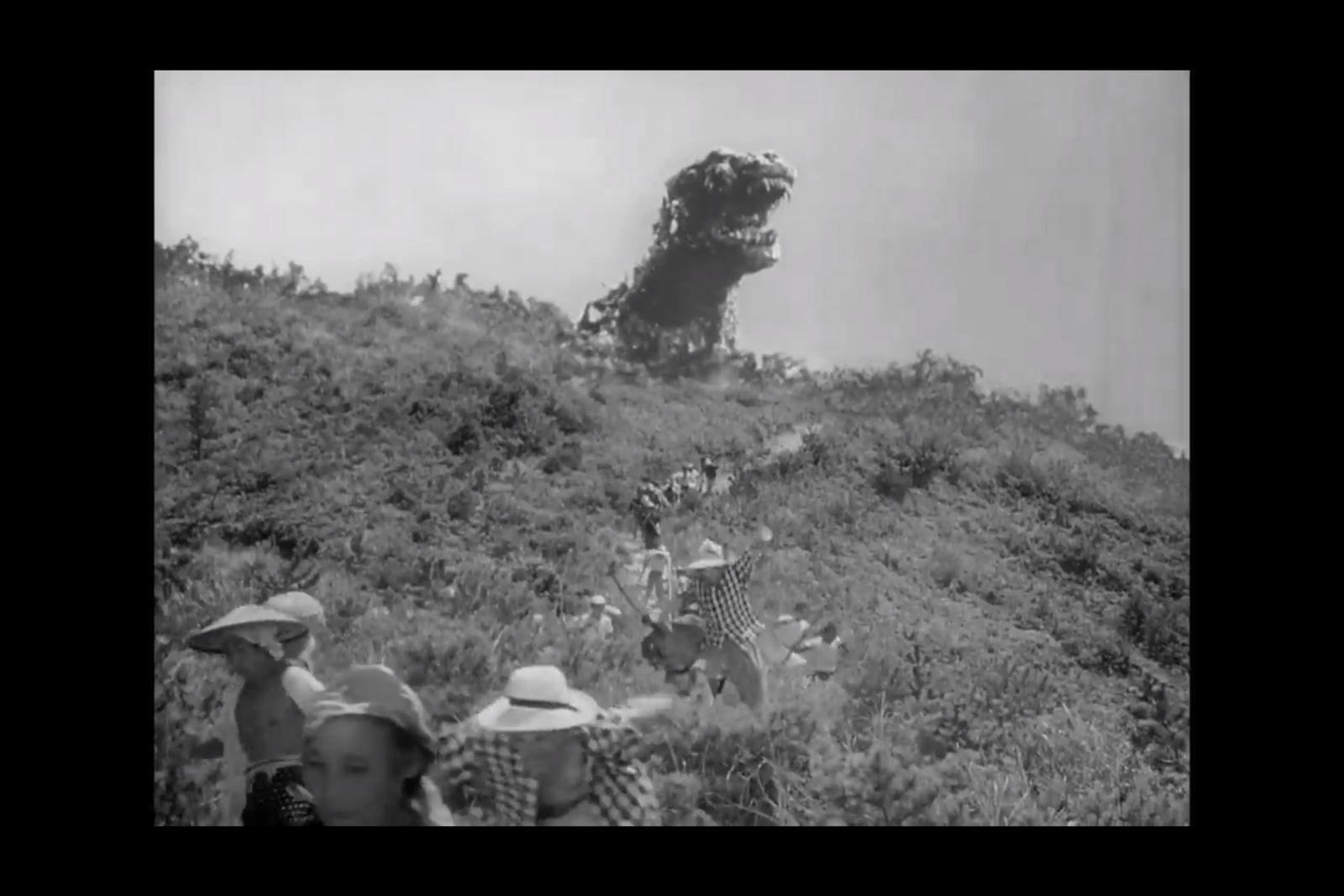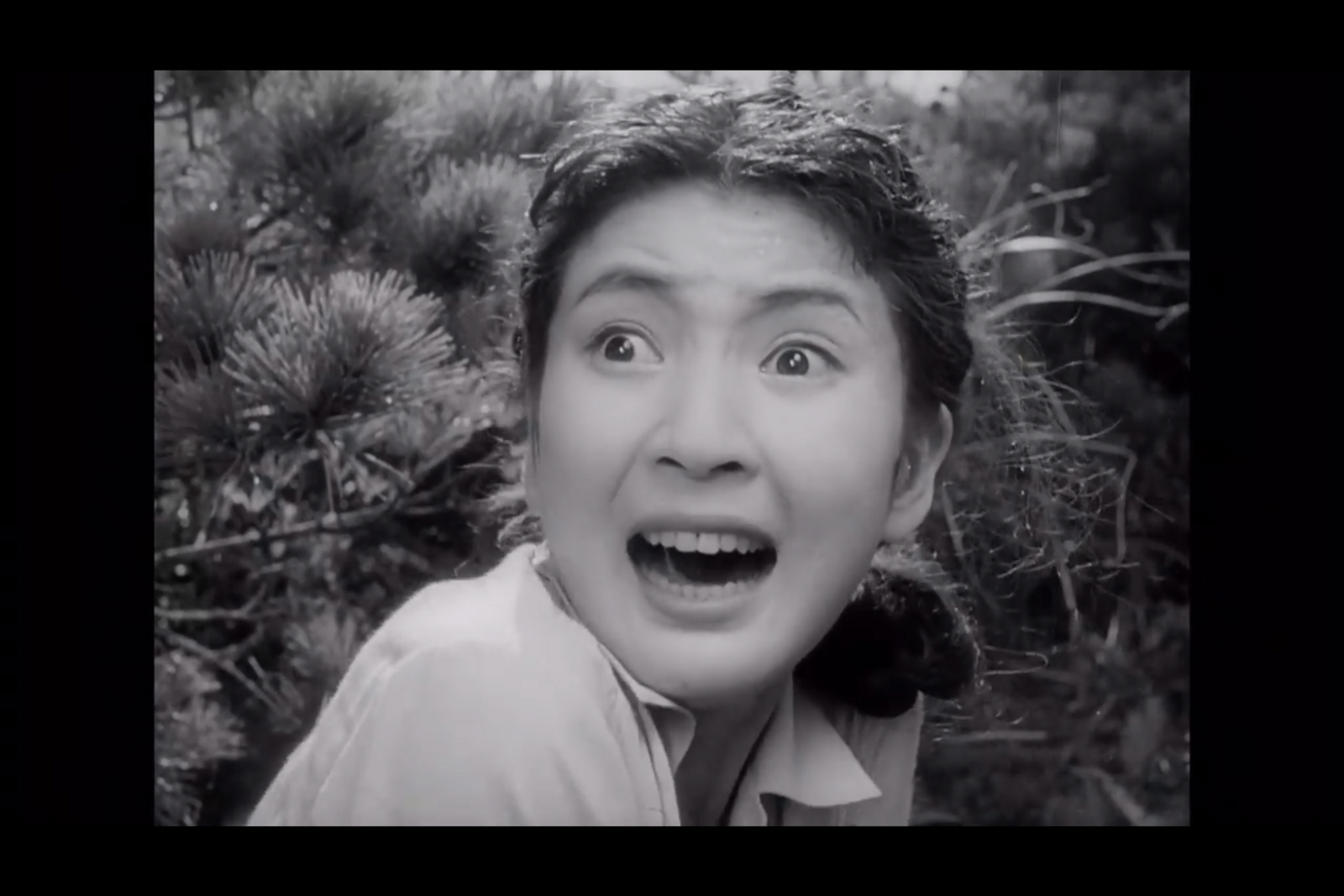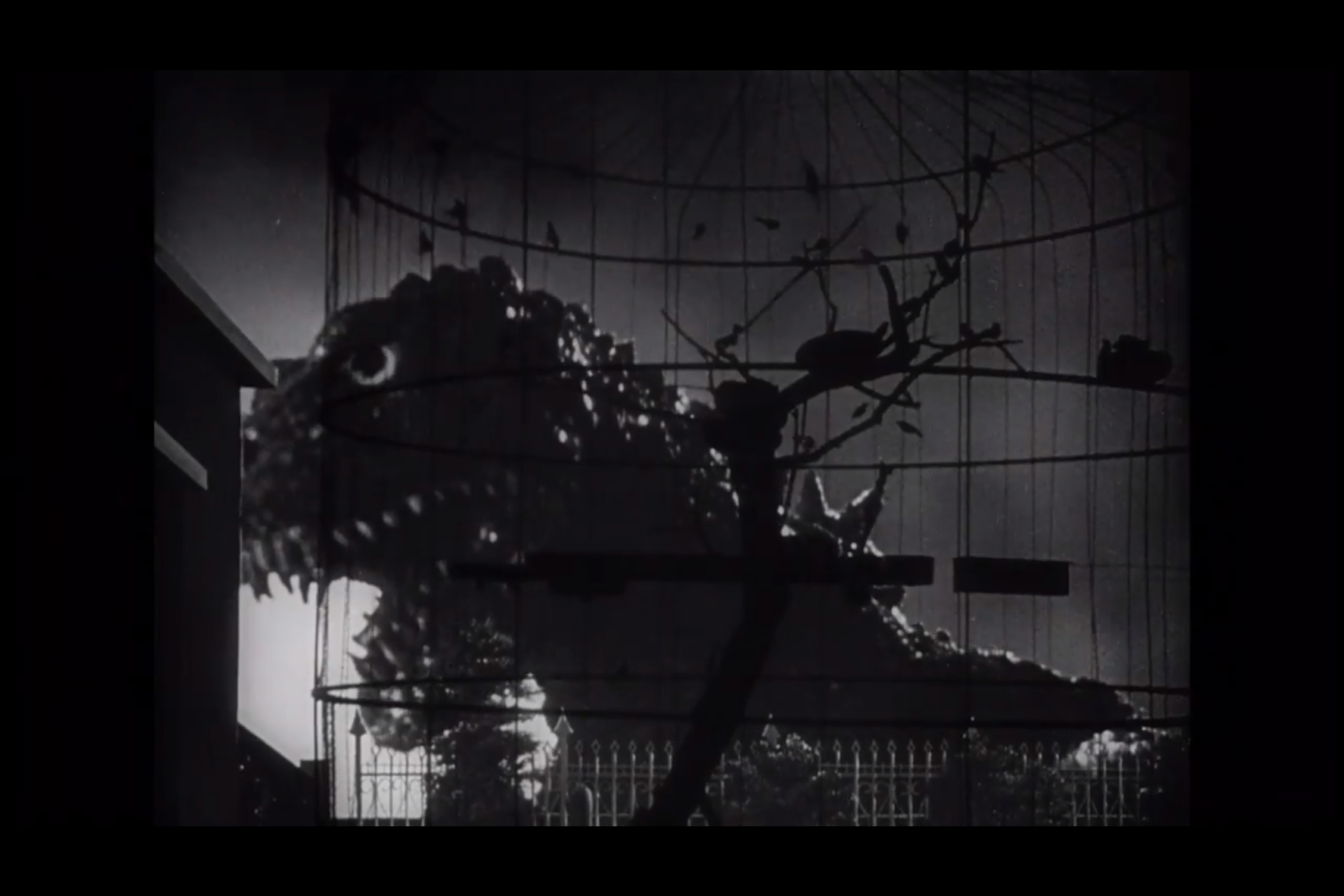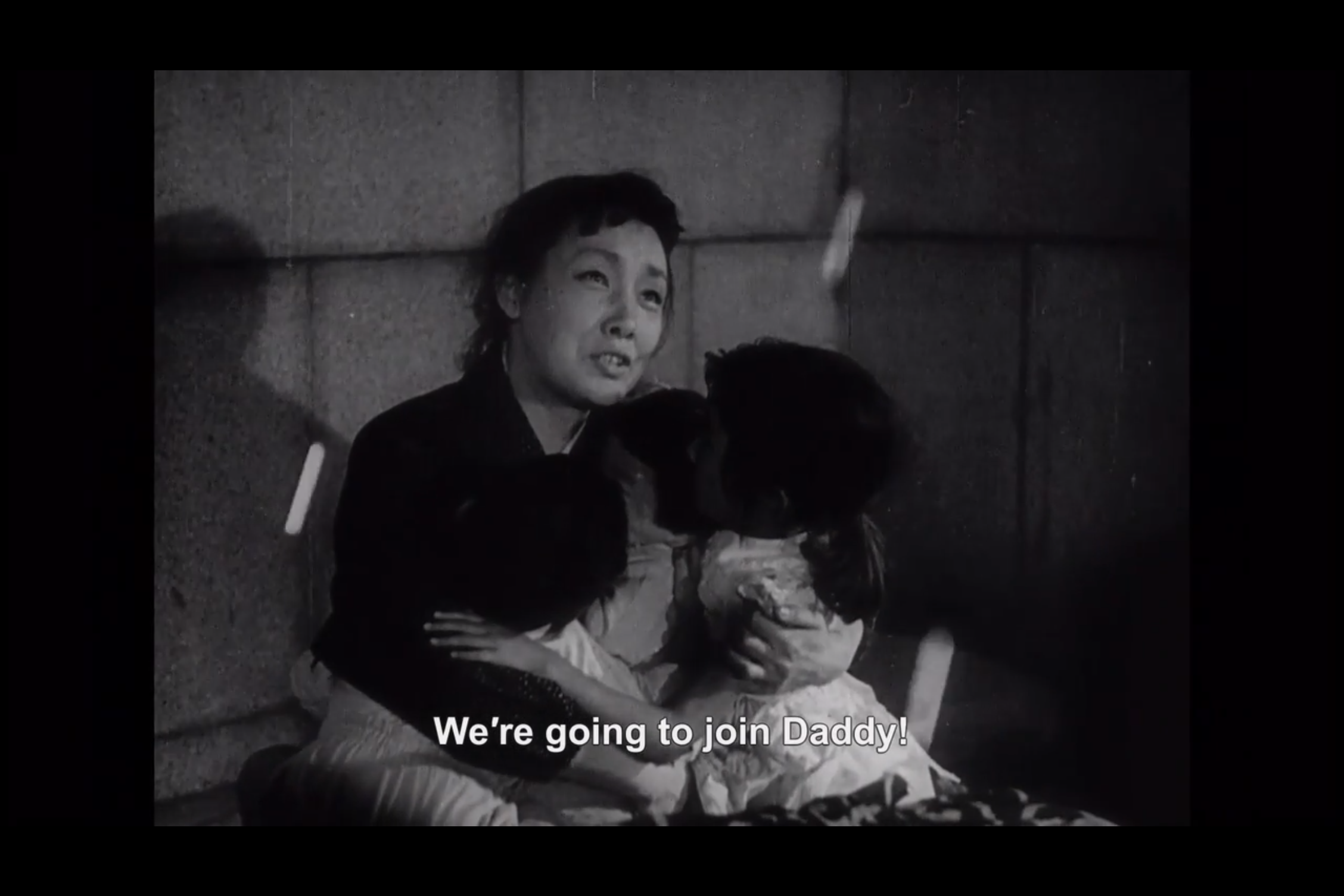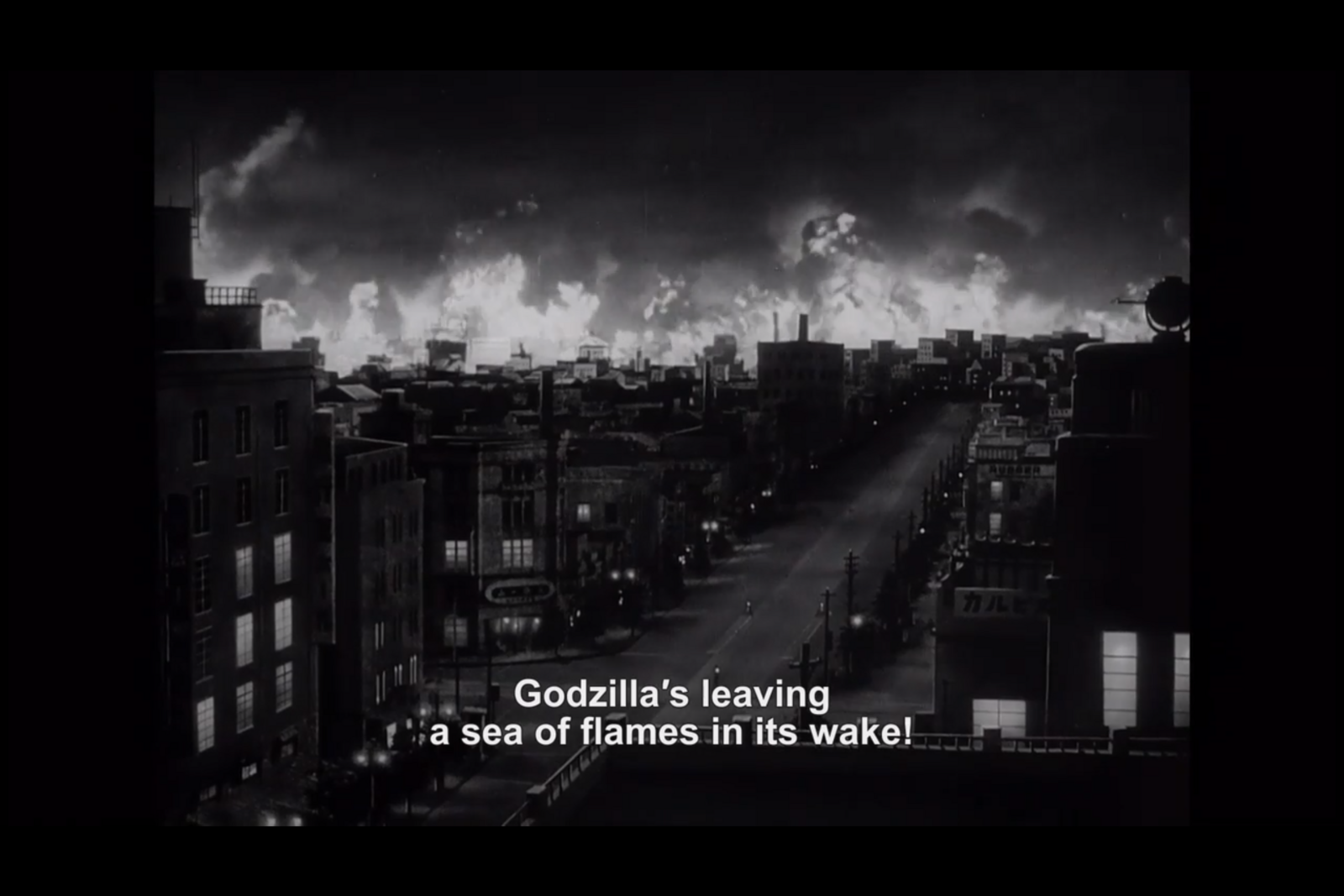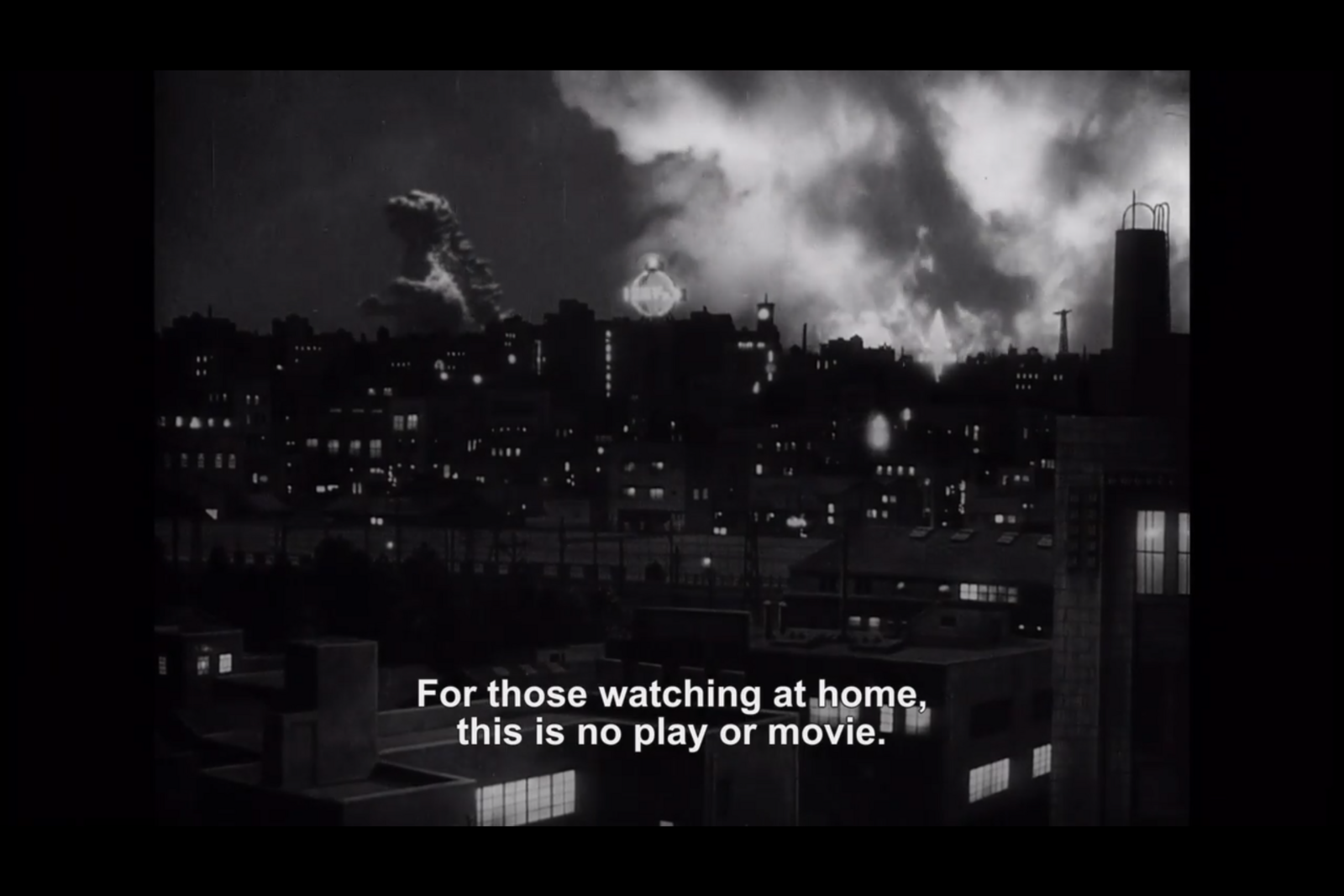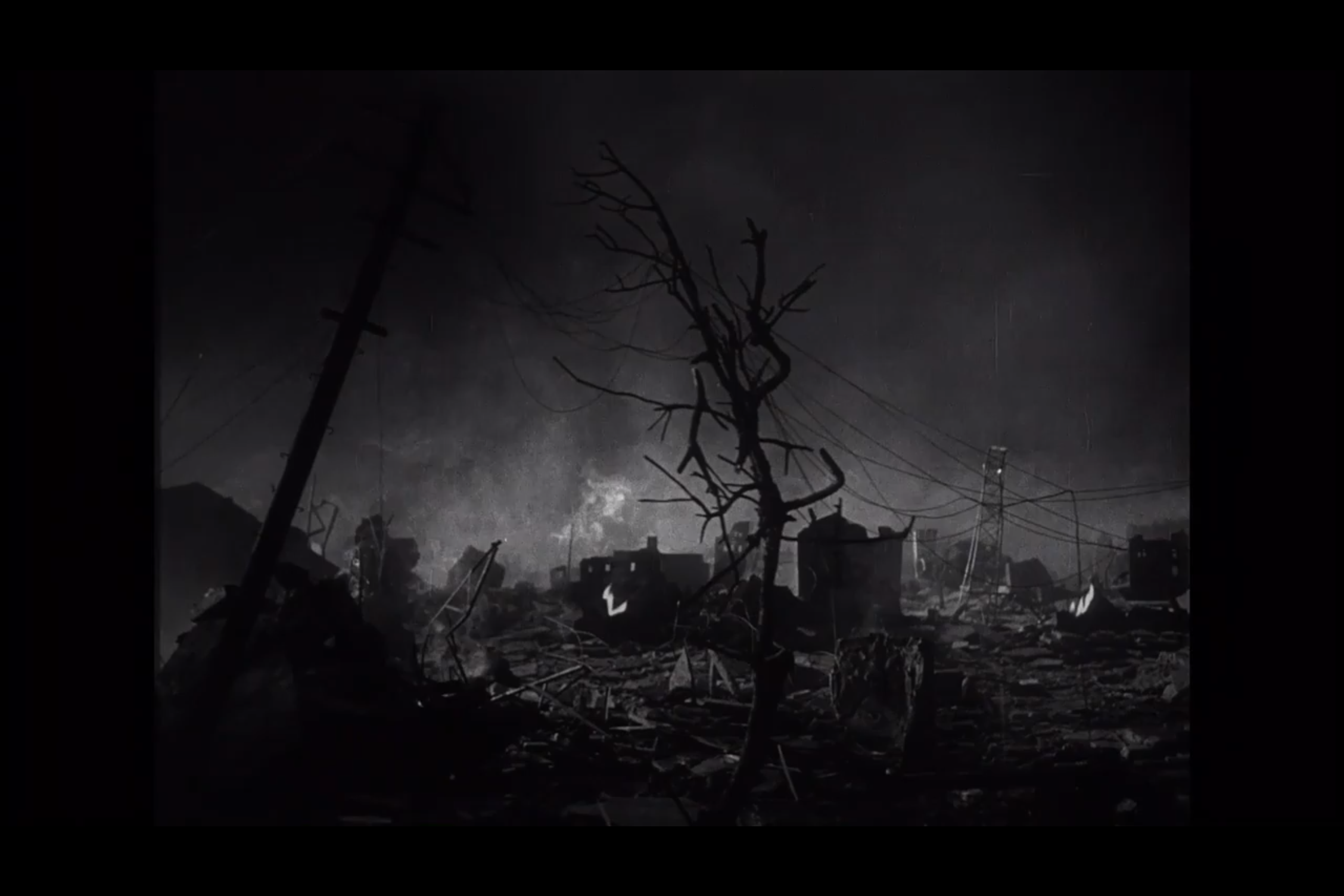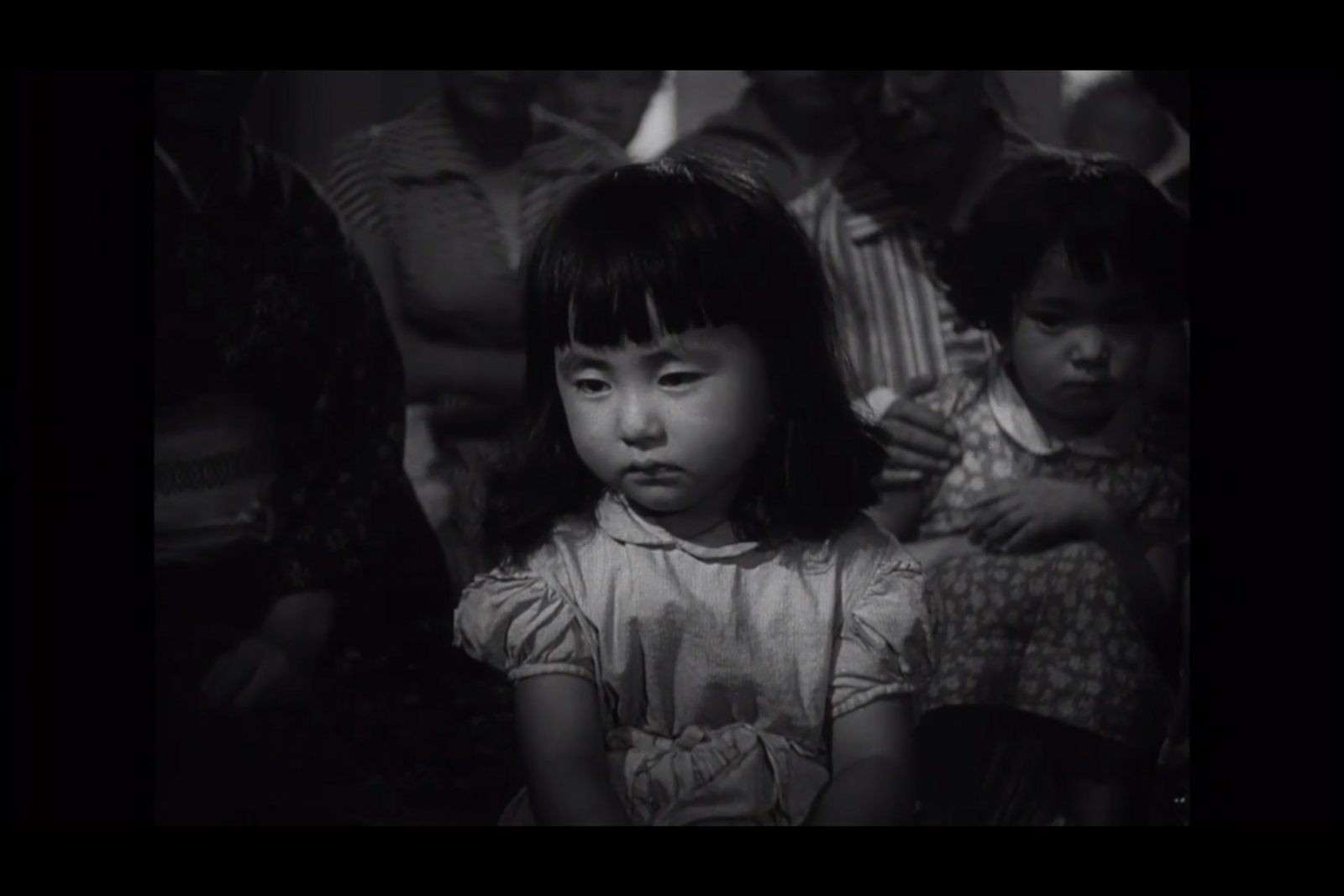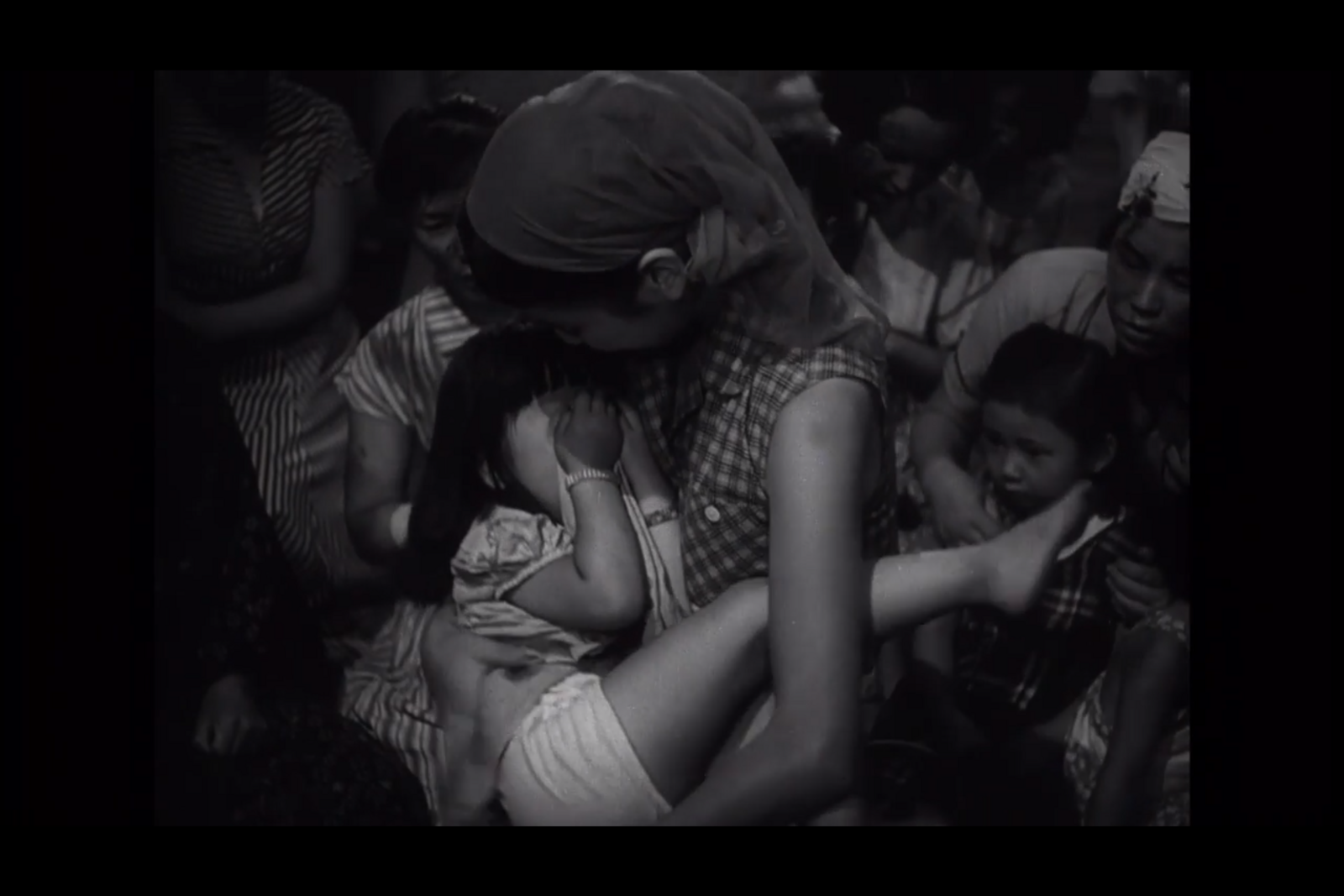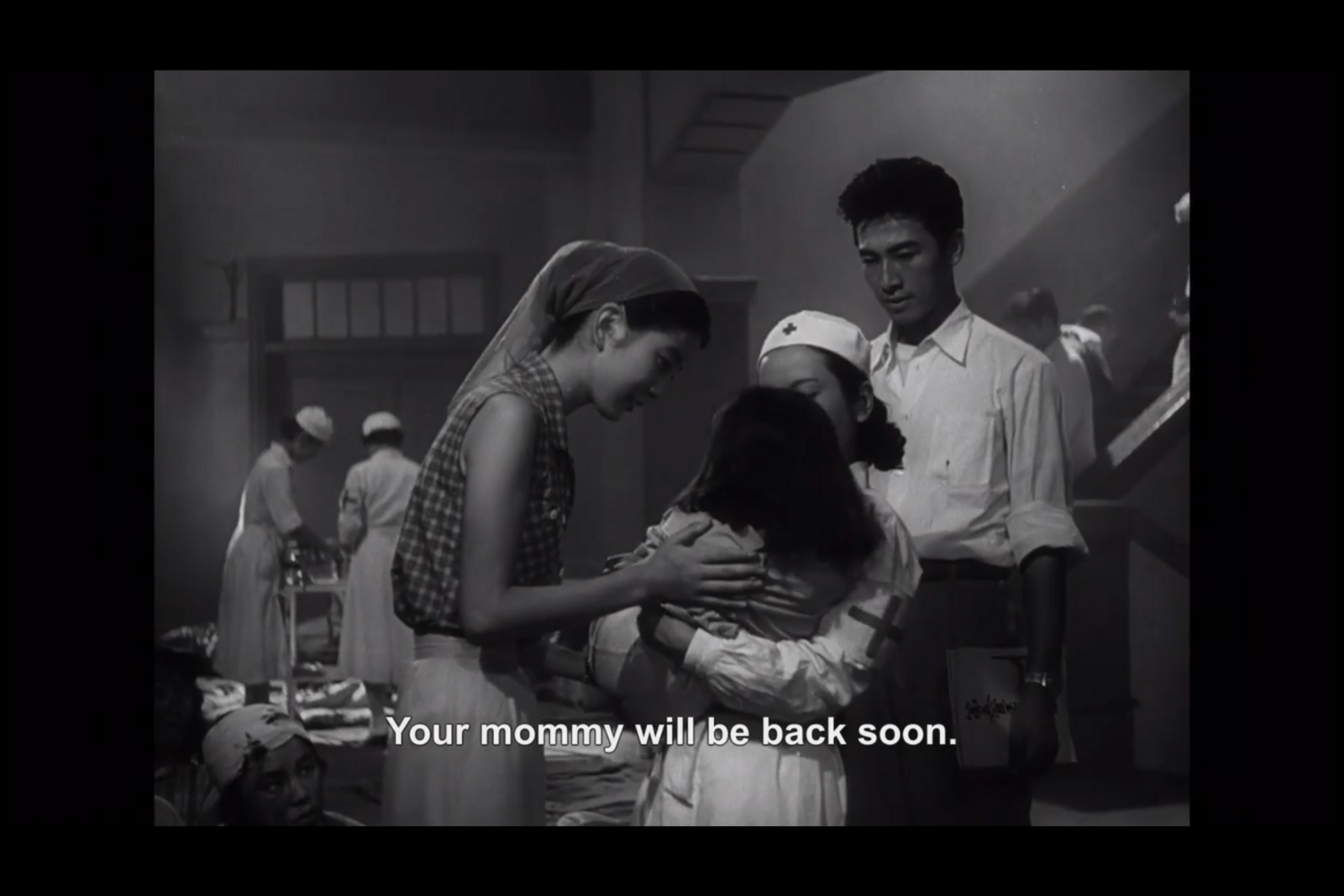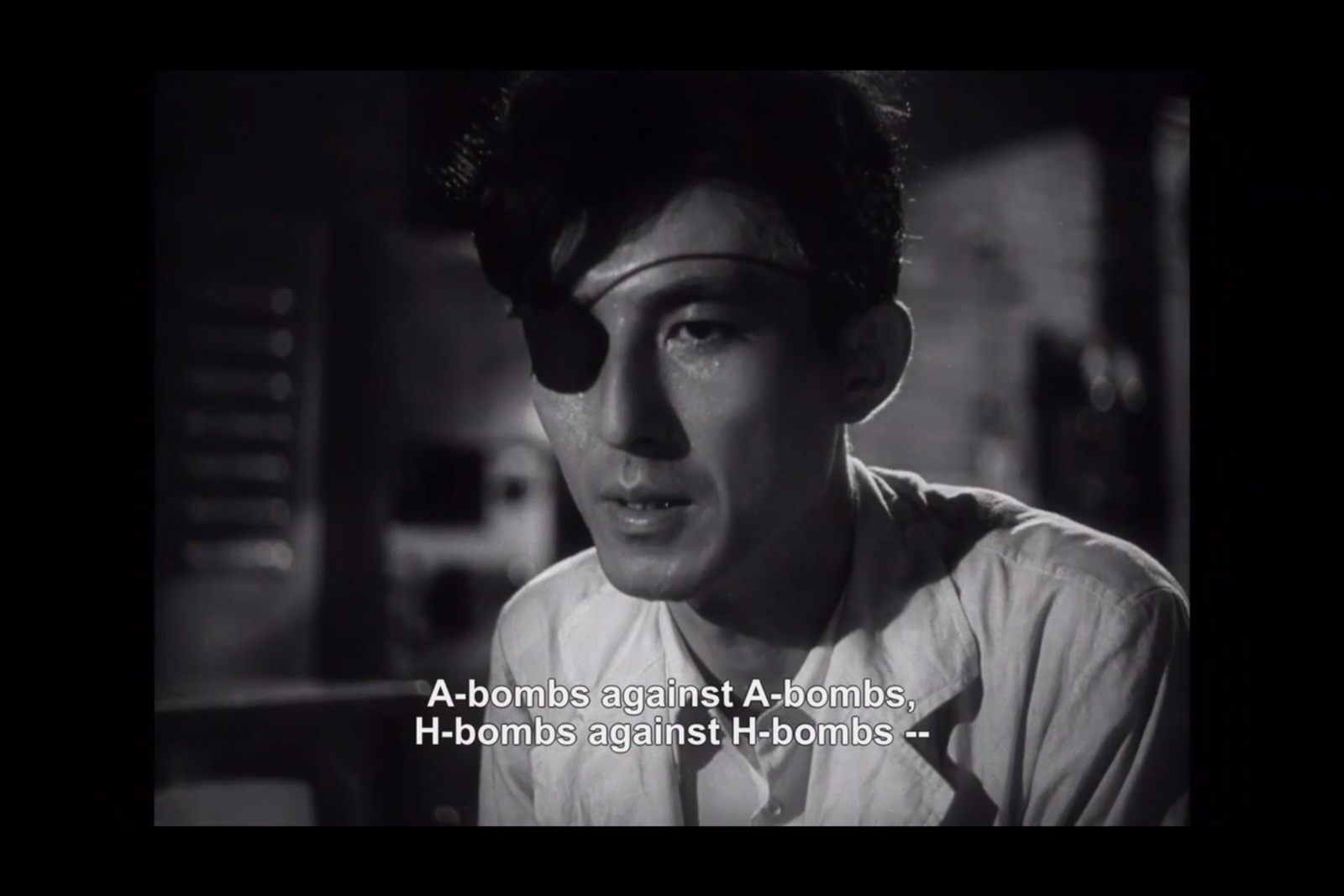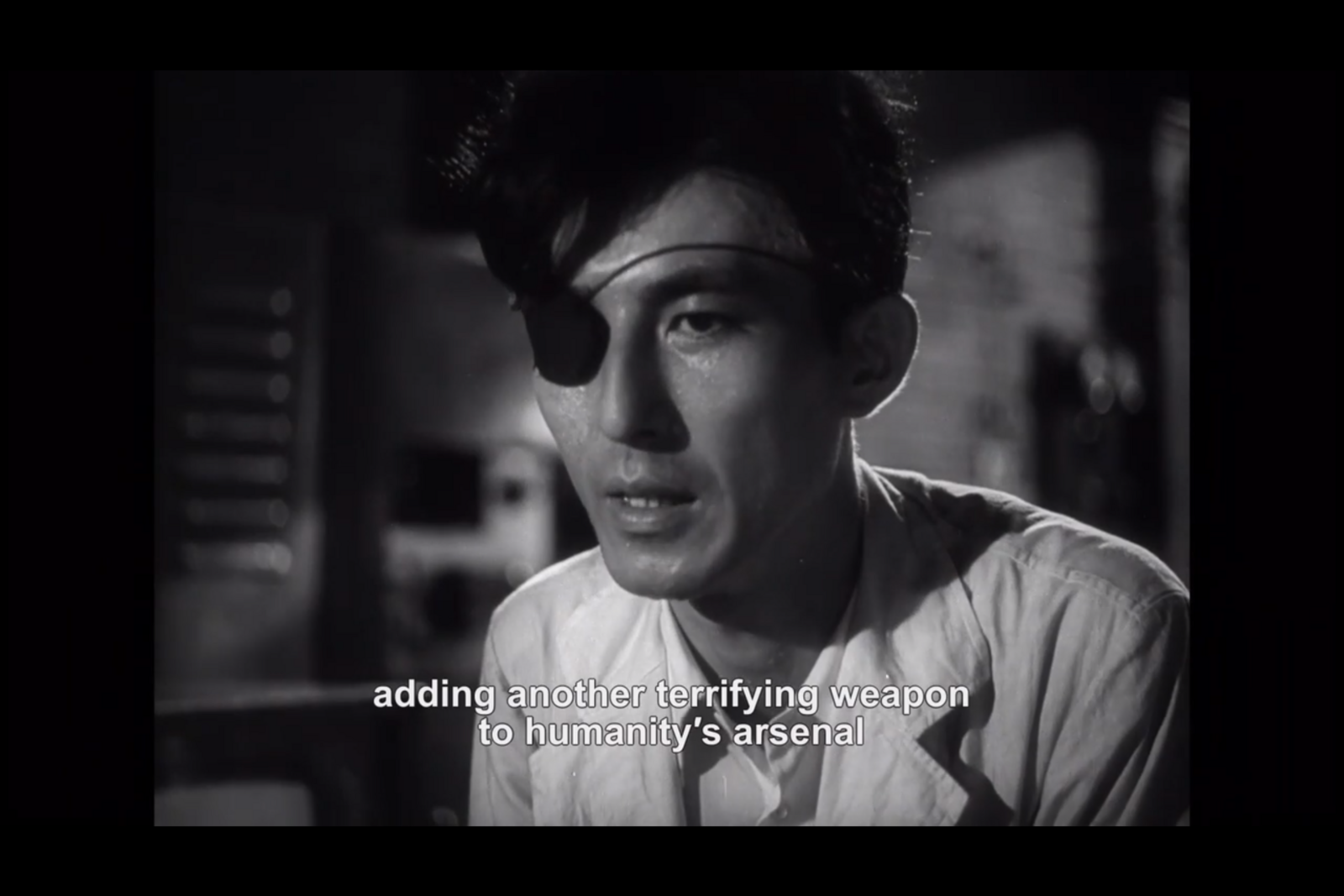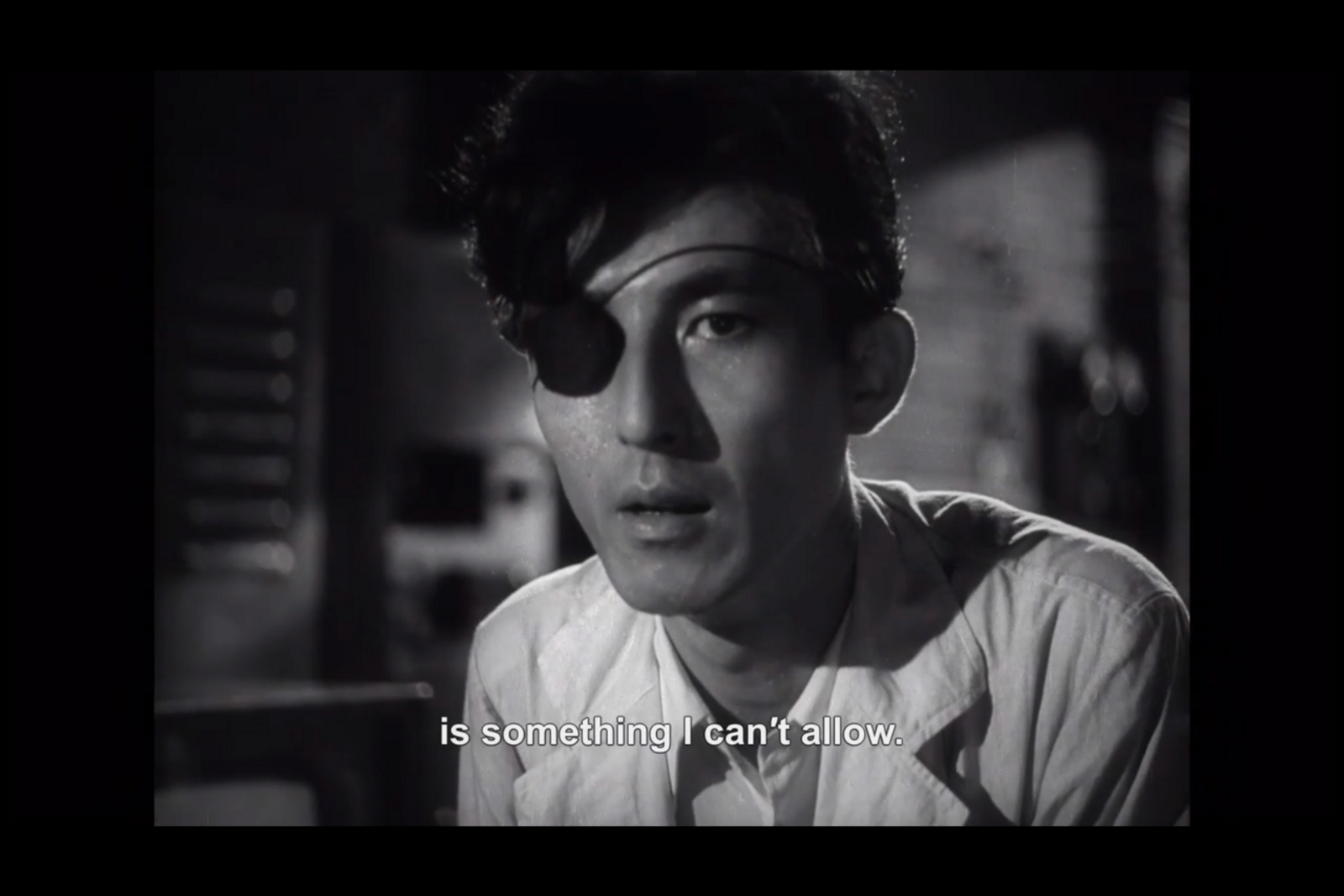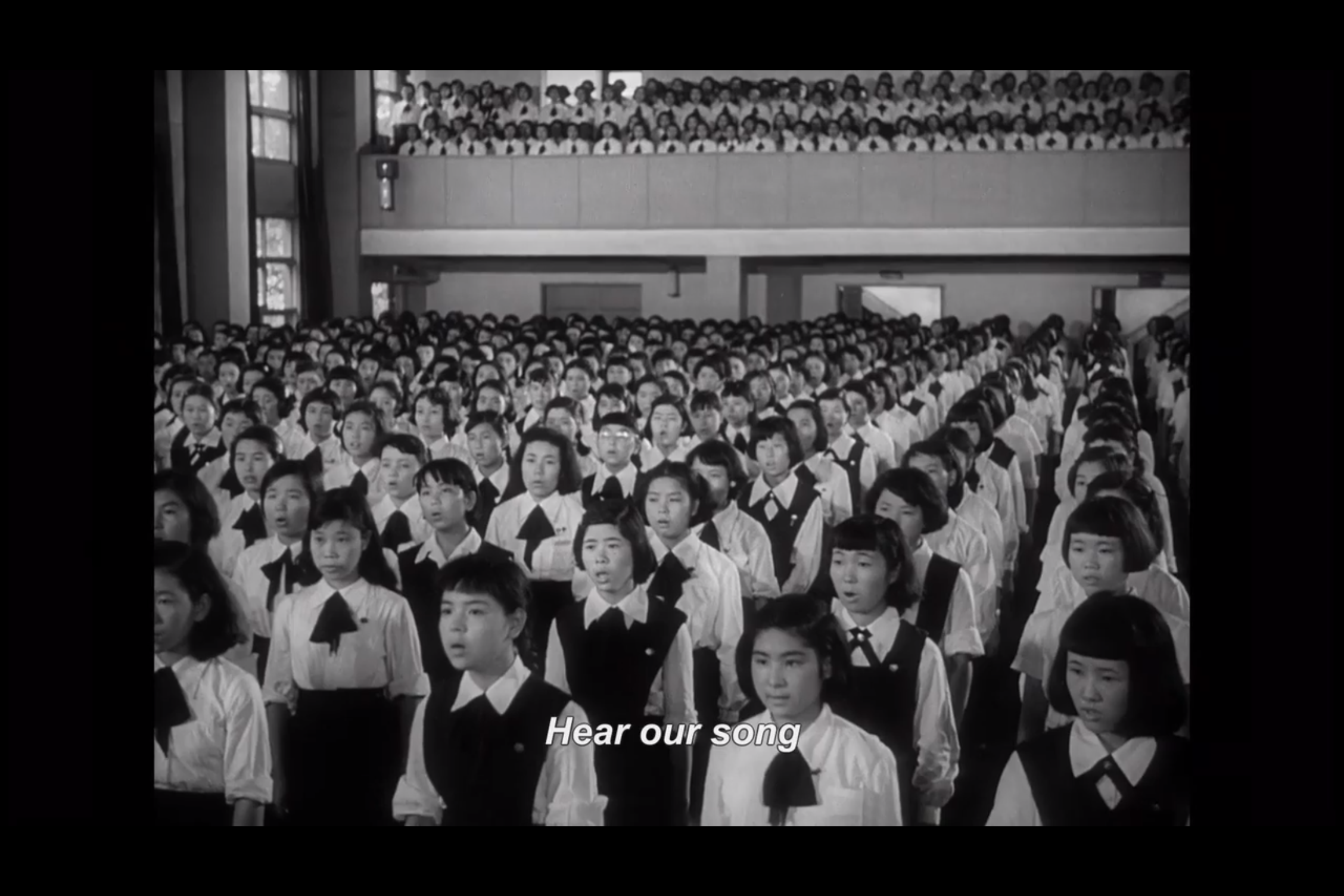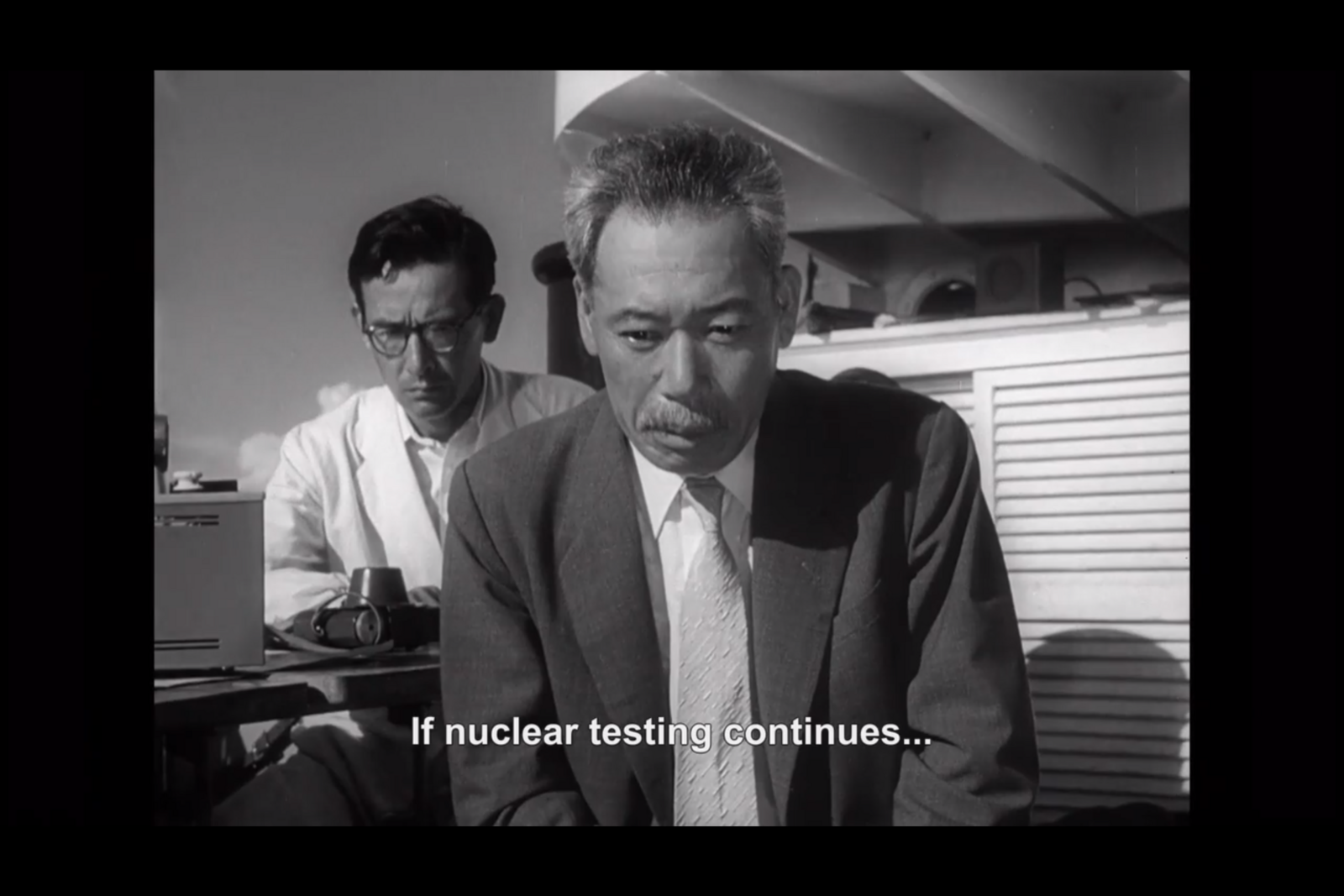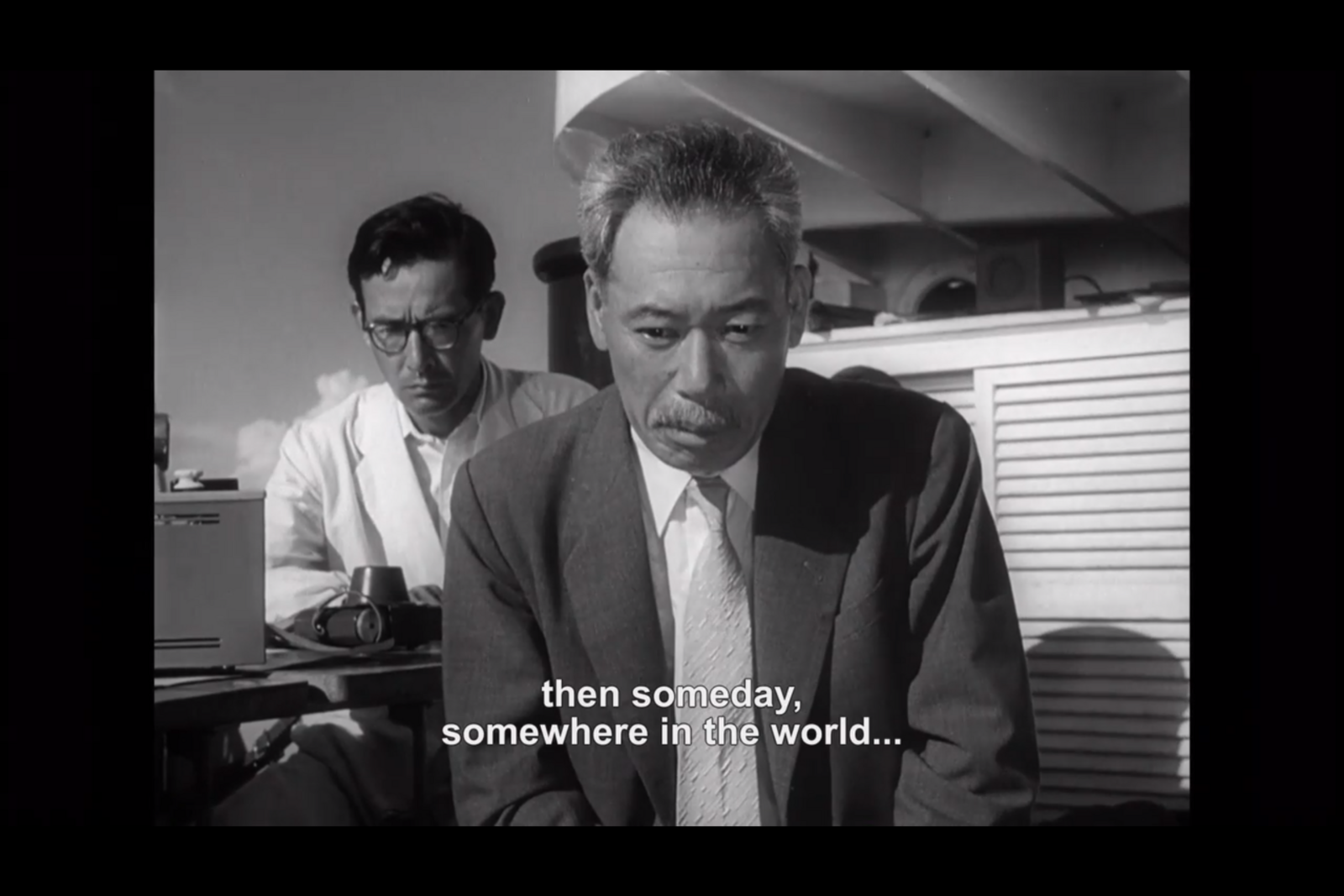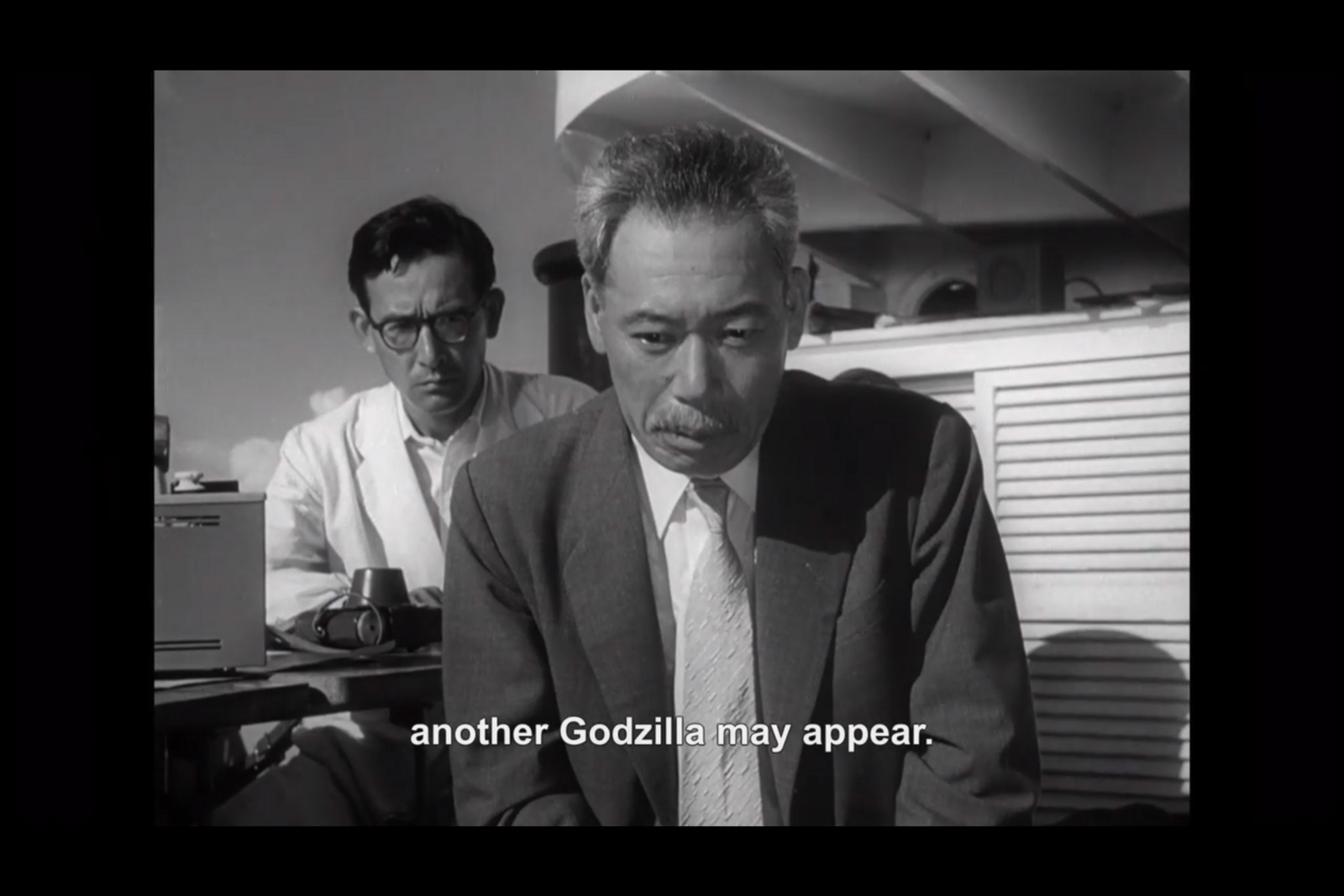Bravo, bravo to Oppenheimer tonight, for its 7 wins, which included Best Picture. For me, it felt like the first time in a while that the Oscars have awarded cinematic achievement, for a movie that deserves to join the canon.
Over the summer, there were early critiques of the movie that it didn't show what happened on the other side of the bomb; that it failed by not centering the Japanese experience of the atomic bomb. While the horrific impact of the bomb in Japan should definitely be understood and felt by American audiences, I feel very strongly that it should be in the hands of a Japanese person that this pain is expressed, not Christopher Nolan. And for that, I recommend that anyone interested in the effects of the atomic bomb in Japan watch the original 1954 Godzilla.
I think to many in the US, Godzilla is seen as a cheap-thrill, tacky monster movie. This is in large part due to the way the movie was re-edited and released in the US. From J. Hoberman's Criterion essay:
Over the summer, there were early critiques of the movie that it didn't show what happened on the other side of the bomb; that it failed by not centering the Japanese experience of the atomic bomb. While the horrific impact of the bomb in Japan should definitely be understood and felt by American audiences, I feel very strongly that it should be in the hands of a Japanese person that this pain is expressed, not Christopher Nolan. And for that, I recommend that anyone interested in the effects of the atomic bomb in Japan watch the original 1954 Godzilla.
I think to many in the US, Godzilla is seen as a cheap-thrill, tacky monster movie. This is in large part due to the way the movie was re-edited and released in the US. From J. Hoberman's Criterion essay:
In 1956, the American rights to Godzilla were acquired by Joseph E. Levine, who released it in a reedited, dubbed version titled Godzilla, King of the Monsters, which would be shown all over the world. Levine cut forty minutes from Honda’s movie, including references to Nagasaki, contaminated food, and wartime bomb shelters, and shot nearly as much new material, adding a narrative framework that provided an American perspective...[Levine didn't] seemed to grasp the implications of a Japanese movie on the subject of nuclear annihilation.
I was lucky to see the original Japanese version last week on the big screen, and was struck by how directly the movie makes its case against nuclear testing and weapons. In addition to explicit anti-nuclear dialogue, the movie considers devastated cityscapes, the agony and despair of innocents, the coming-together of Japanese communities after loss, and the ethical dilemmas of self-defense in a warring world. The movie is clearly rendered from recent emotions and images seared into the collective Japanese memory by WWII and Oppenheimer's bomb.
Screenshots:
A scientist in the movie considers the ethical paradox that Robert Oppenheimer should have considered more forcefully, and that the film Oppenheimer implies the man ends up being haunted by. The scientist in Godzilla says: "They'll inevitably turn it into a weapon. A-bombs against A-bombs, H-bombs against H-bombs; as a scientist, no as a human being, adding another terrifying weapon to humanity's arsenal is something I can't allow."
The final line of the movie: "If nuclear testing continues, then someday, somewhere in the world, another Godzilla may appear."
---
The movie Oppenheimer has also afforded me more insight into my personal family experience; though my family is Taiwanese, my grandfather spent the first 18 years of his life in Japan. After discussing the movie with him, I learned he was in Tokyo when the atomic bombs fell in Hiroshima and Nagasaki, which I never knew before. We asked him what he remembers of the time, and he described an image he'll never forget from the front page the next day: a man sitting in a car with his arm raised to the ceiling handle, frozen in place by the blast.
I agree with the sentiment of Oppenheimer's critics, and believe that we should all seek out more information about those harmed by the devastation of war, and do everything we can to stop occupation and genocide, the use of weapons of mass destruction, war in all forms.
